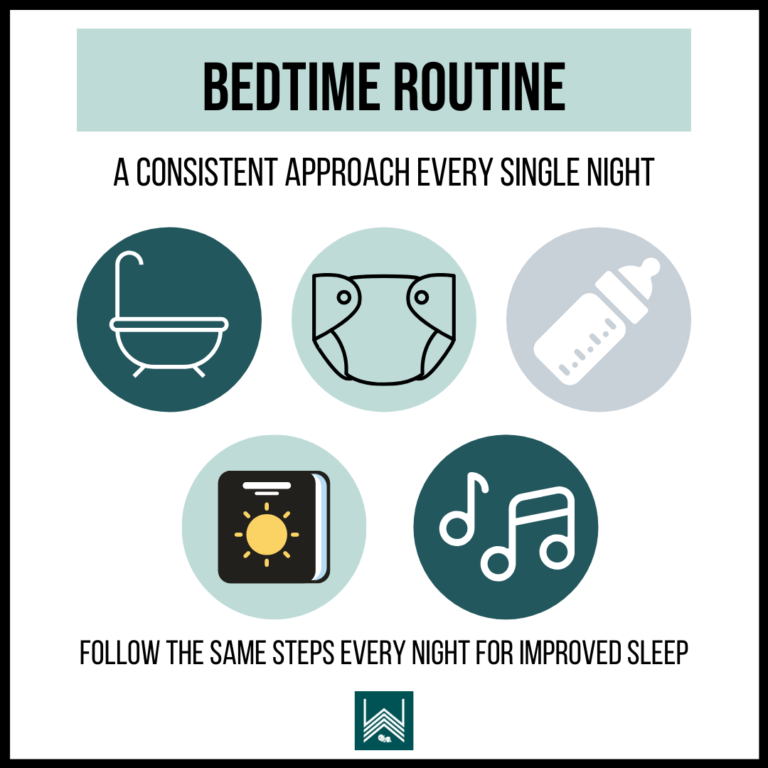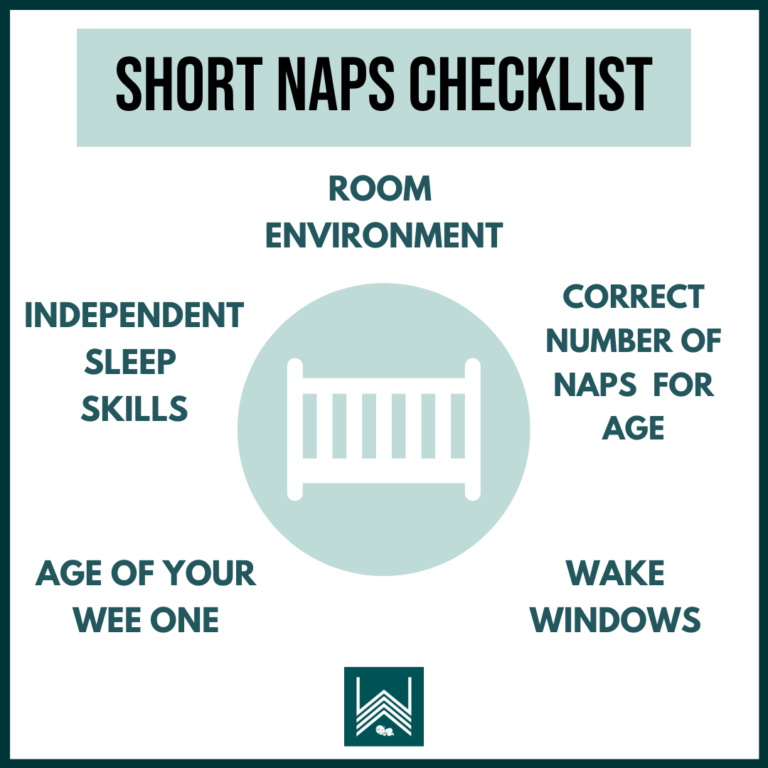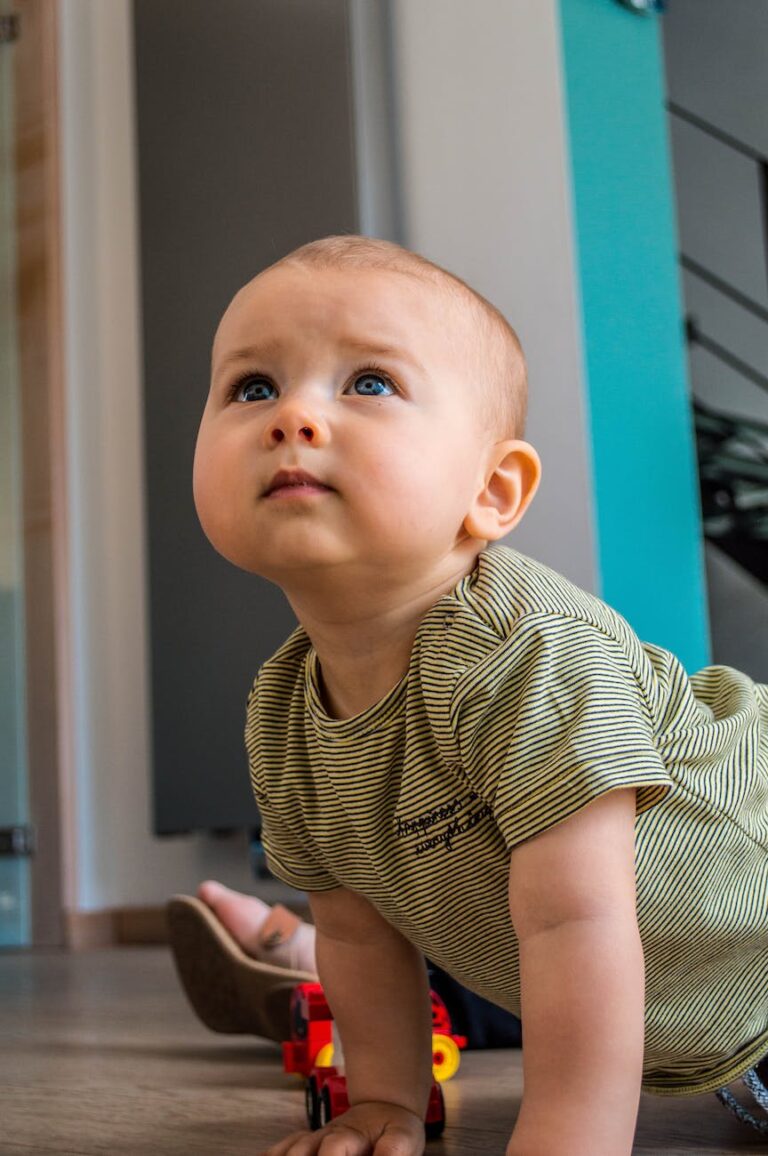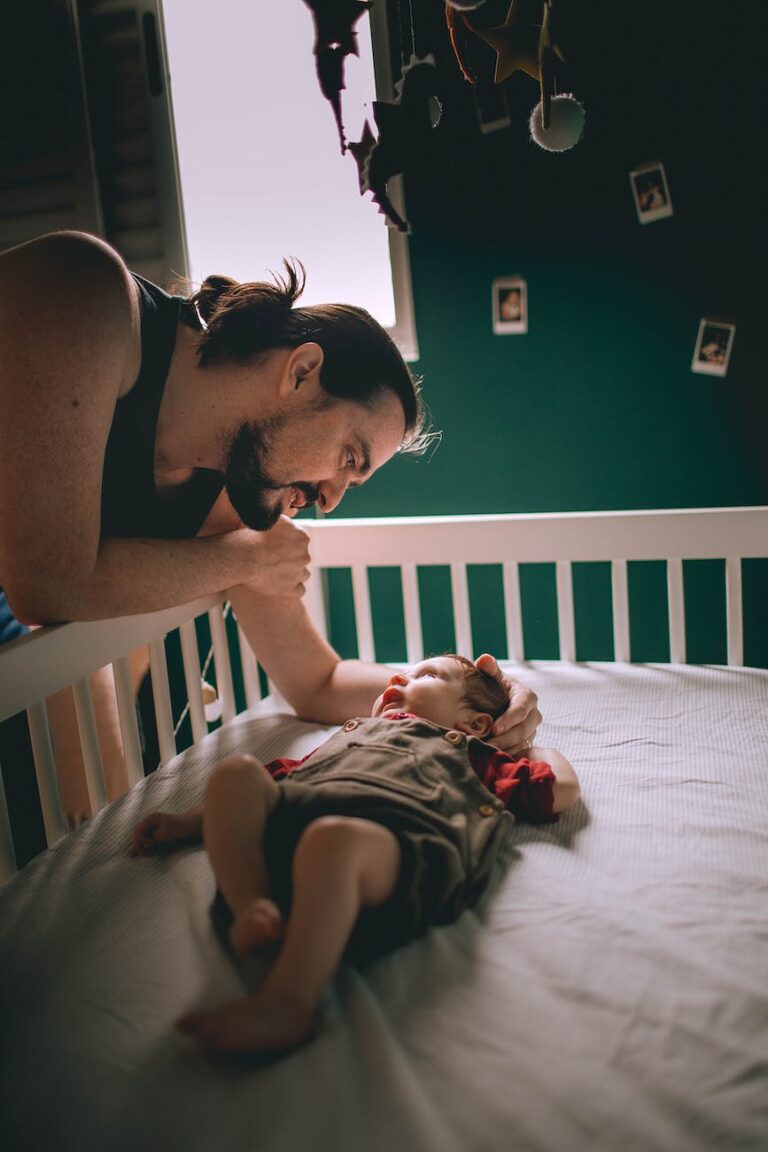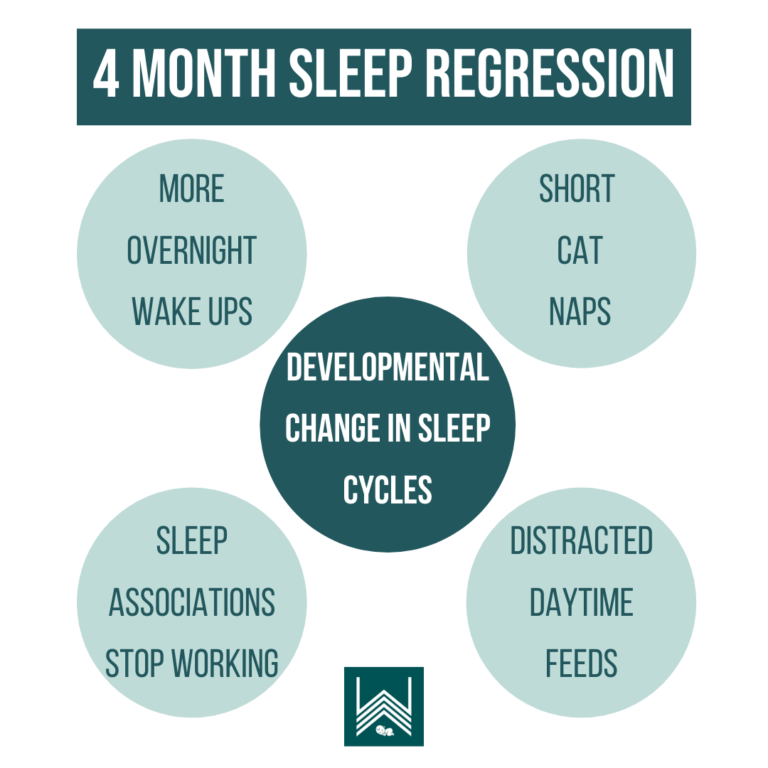5 reasons your baby is crying when it’s time to sleep
For many new parents, the experience of a crying baby can be both emotionally challenging and, at times, mystifying. It’s essential to recognize that a baby’s cry is their primary form of communication, a powerful signal that carries various messages.
As parents, we often find ourselves questioning why our little ones cry, especially when it comes to sleep. The truth is, independent sleep is a skill, just like any other, and your baby may show frustration or cry as they learn to self settle. Understanding the reasons behind those cries is a crucial step in navigating this challenging process..
why is your baby crying when it’s time to sleep?
In this blog, we’ll delve into the top 5 reasons why babies cry, with a particular focus on how it relates to sleep. It’s important to acknowledge that these cries are not a sign of failure on your part as a parent. Rather, they are natural responses to the new and often overwhelming experiences your baby encounters as they grow and develop.
So, let’s explore the world of baby cries, understanding that each tear carries a unique message, and sometimes, as parents, it’s about finding the balance between comforting our little ones and guiding them through the necessary milestones of sleep independence.
communication and learning
This is a your baby’s only way to communicate! Just think when we learn a new, hard skill as adults- we complain, avoid, or procrastinate. We might even cry!
As you work toward crib sleep or independent sleep your baby may protest this change! If your baby has been used to being fed or rocked to sleep and you remove those sleep associations they will cry as they learn a new way to self settle and fall asleep. It’s new and different! Your baby is being challenged with a new task. If it’s not what they want or are used to, so their natural response is to cry.
As a parent you can be their teacher, cheerleader, and support system to help them learn by following a consistent approach. Our sleep courses include customizable methods and step by step guidance to help you through this process.
Your baby can and will learn with time and practice! Baby needs repetition to feel what it is like to accept sleep independently.
overtired
Being overtired is the MOST common the culprit of crying and wakings after all sleep associations have been removed. Babies that are overtired will have more trouble falling asleep and staying asleep. They typically cry more when it’s bedtime or naptime despite parents following a consistent method.
This is a difficult cycle to break and oftentimes needs a reset day; a day of good rest to get back on track. Evaluating the following can also help prevent overtiredness and ensure baby is on an age-appropriate schedule to meet their sleep needs:
- 11-12 hours of restorative sleep overnight
- Age-appropriate total daytime sleep & wake windows
- Consistent desired wake-time & bedtime
separation anxiety
This comes and goes throughout the first few years of your little one’s life. It is commonly associated with sleep regressions at 7-9 months, 18 months & will typically end around 3 years old. It occurs as your baby gains more awareness & attachment to you. It is a good sign that your little one wants YOU! It can also be linked with life changes such as starting daycare or school for the first time.
Spending awake time with your baby in their nursery can help build a positive association. Being intentional about the 1:1 time with your child the older they get can also be very helpful. Develop a keyphrase to use with every goodbye and every sleep. Learn more on our blog here
fear of missing out
This is a very real thing for toddlers especially! They often resist an entire, much needed nap in fear that they are missing something important. Crying for the entire nap time is not unheard of and just because they are crying does not mean they are ready for no nap!
Consistency of routines and holding firm to boundaries are important when FOMO is the cause of crying.
onset protest
This is the crying that occurs right when you enter the nursery for sleep time or immediately after you lay your little one down in the crib. They are anticipating sleep!
It is so important to give them time to settle down & self-soothe. Following a consistent bedtime routine and nap routine is essential. Many parents develop unwanted sleep habits when they experience onset crying as they feel like they need to do something differently. Rushing through a sleep routine can also cause more tears. I recommend a bedtime routine that is 10-30 minutes!
Lingering or staying after the routine or checking in too soon can cause unwanted sleep associations and make onset protest more difficult to work through.
Knowing how to use a research-based method to reasonably differentiate levels of crying and how to provide reassurance are critical steps when your baby starts to cry. We are here to help and support you through this process with our 1:1 sleep programs and online courses!
is crying the norm with your baby’s sleep?
Hearing your baby cry can be stressful, but sometimes unavoidable. Your baby will cry for many reasons in the first few years of their life and the good news is that crying is not harmful to your baby.
If crying is the norm at EVERY sleep then I recommend reviewing your baby’s sleep routine to ensure you have not developed any new sleep associations and review your baby’s daytime sleep schedule to ensure they are not overtired or getting too much daytime sleep (both can increase crying!).
We provide 4-24 month nap schedule guides in the Well Rested course and customized schedules with our 1:1 sleep coaching support from newborn to age four.
We have sleep resources to help your family
If you’re looking for guidance to teach your baby to fall asleep independently and sleep through the night…I have a class for you! The 4-24 Month Well Rested Collection will walk you step-by-step through a completely customizable sleep training experience. In just a few weeks, your baby will be falling asleep independently, getting 11-12 hours of independent night sleep, AND you’ll have a plan to navigate any future regressions or bumps in your journey. I’ll also help you set up a daytime routine and nap schedule that fits your family’s lifestyle and values. And you’ll get age-specific guidance to meet your baby right where he or she is developmentally at every stage from now until your baby turns 2.
We also offer 1:1 personalized sleep coaching to families including newborn support and sleep training plans starting at 3 months of age up to 4 years!
We have custom sleep plans that can help your baby sleep through the night, fall asleep independently, and take longer naps!
Please Share this Post with a Mama!


